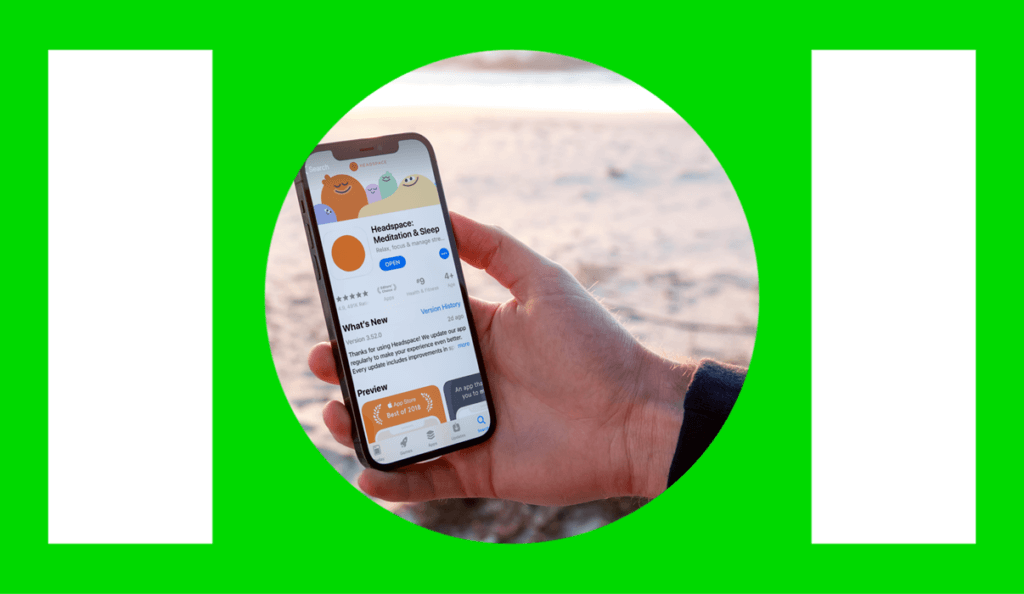Why an AI-powered, human-created approach matters for marketers

Can you imagine a world without mobile phones? It’s almost impossible to imagine. According to a recent YouGov survey, 77% of Americans check their phones more than 10 times a day, with 31% checking them over 50 times a day. The first iPhone was launched in 2007, and the year before, our founder, James Hilton, foresaw the revolution in mobile technology on the horizon and established what would become M+C Saatchi Performance.
Fast forward to 2025, and AI is now poised to revolutionize many aspects of what we, as marketers and consumers, do. As an agency, we’ve been leveraging AI since its inception and have been testing Agentic AI in ways such as building proprietary tools like M+C Saatchi OneView. Our goal is to empower agency teams through AI to automate labor-intensive tasks, allowing them to focus on what they do best: identifying insights, prioritizing high-value strategic work, and optimizing campaigns to ensure that our clients ultimately achieve their goals.
Our tagline for many years has been ‘The Minds Behind the Machines’, and with that in mind, we ran a quick high-level test by pitting ChatGPT against our Global Head of ASO, Lauren Park. The test used a simple prompt to see what the mind vs the machine could offer in terms of expertise on the specific topic of App Store Optimization.
We asked ChatGPT the following: “Please advise on the ASO strengths & weaknesses of the Headspace app.’ (The prompts were specific to the UK market, and one interesting thing to note is that some of the citations actually come from content written by Lauren and our ASO team).
The ChatGPT Response:
ASO Strengths
1. Strong Ratings & Category Presence
- Consistently high average rating (around 4.8 across hundreds of thousands of reviews) boosts credibility and trust—key factors in driving conversions.
- Positioned at #63 in the Health & Fitness category, which aids discoverability. Apple
2. Clear and Benefit-Oriented Description
- The description leads with user benefits: stress relief, better sleep, mental wellness, supported by “science-backed” language and compelling claims like increased happiness “in just 10 days.”
- Includes feature highlights (“Daily meditations,” over “500+ guided meditations,” sleep tools, etc.) to engage readers. Apple
3. Effective Use of Creative Assets
- The app includes rich visuals (for iPad, iPhone, Apple Watch, iMessage) and “Offers In-App Purchases” notice. This ensures clarity about device support and monetization model. Apple
- ASO case studies show Headspace improved conversion rate using A/B testing of screenshots, leveraging bright visuals, concise captions, and social proof—yielding an average +34% increase in organic conversion rate. M+C Saatchi PerformanceMAU Vegas 2025
- Moreover, testing of icons improved engagement by 12%, and custom product pages boosted performance by +37% via Apple Search Ads. MAU Vegas 2025
4. Strong Localization Strategy
- Headspace deploys localization across markets, tailoring creatives and messaging to regional audiences effectively, which enhances relevance and conversion. M+C Saatchi PerformanceMAU Vegas 2025
5. Ongoing Optimization and Simplicity Focus
- A culture of continuous iteration and simplification helps maintain a smooth user experience and avoid clutter—beneficial for both retention and ASO. howtheygrow.co
ASO Weaknesses or Potential Areas for Improvement
1. Keyword Optimization Unclear
- The UK App Store page doesn’t showcase optimized metadata fields like the keyword field or subtitle.
“This is a fairly simplistic view. The desktop version of The App Store or Play Store does not feature all the same metadata as what is available live on a mobile device. Hence, AI cannot see the keyword field or subtitle and is making false claims.” Lauren Park
- The title “Headspace: Sleep & Meditation” is good, but we don’t know if it’s fully leveraging the 30-character limit or including high-traffic keywords.
“This is interesting, it is easy to calculate the 30 character limit so the information should be easy to find, but instead needs human intervention.” Lauren Park
- Without insights into Apple keyword utilization, it’s unclear whether visibility in search rankings is maximized.
2. Description Field Limitations on Apple’s Platform
- While the description is benefit-oriented, Apple doesn’t index this field for search ranking—success relies more on the keyword field and subtitle. Those aren’t visible here, so it’s hard to assess effectiveness. SimiCart BlogSemrush
3. Monetization Clarity vs. Free Content Perception
- The listing mentions “Offers In-App Purchases,” but doesn’t clarify that most content is behind a paywall—this may lead to user confusion or lower conversion for those expecting free content.
- Many health-wellness app users prefer accessible free options or visible free trial details upfront.
4. Limited Leverage of Video Previews
- There’s no indication of app preview video(s)—videos can significantly improve conversion by showing the app in action. SimiCart BlogSemrush
5. Absence of Social Proof or External Validation in Listing
While user reviews push rating high, the app page doesn’t surface endorsements, media mentions, or awards (e.g., “As seen on BBC/BBC Breakfast” or Netflix tie-ins) which could reinforce credibility. WikipediaChoosingTherapy.com
Strengths | Weaknesses / Gaps |
High user ratings & category rank | Unclear keyword optimization (title, subtitle, keyword field) |
| Benefit-driven description | Description not indexed—possible underutilization of metadata |
| A/B tested visuals & localized creatives | Lack of upfront clarity on paywall/free content |
| Strong creative testing culture | No app preview video visible |
| Ongoing simplification and iteration | Missing social proof/media mentions on listing |
Recommendations for Further ASO Improvement
- Audit metadata fields: Experiment with keywords in title, subtitle, and keyword field for better organic ranking.
- Use in-page proof: Add short mention like “Featured on Netflix & BBC” in a screenshot or subtitle to boost trust.
- Add preview video: Display core value—meditation, sleepcasts, progress tracking—to boost visual engagement.
- Clarify monetization model: Either highlight “Free trial available” or indicate subscription upfront to align user expectations.
- Continue A/B testing regionally: Expand use of custom product pages and assets per market trends.
Expert Tips from Lauren Park for Successful App Store Optimization
- LLM models are only able to pull data from open platforms and cannot gather ranking insights from closed platforms, such as Mobile Action, which means they are not utilizing all the available insights.
- The models are not currently taking into account competitor activity or strategies, which should be a significant part of any strategy. Without this level of detail, advertisers will not be able to capitalize on any potential areas of optimization.
- The prompts do not take into account historical ASO efforts, only what is live at present; therefore, they are missing contextual historical learnings and testing which have been undertaken.
- There are no specific or niche product tactics or available customizations taken into consideration. For example, experiences such as Custom Product Pages (iOS) and Custom Store Listings (Google Play).
“AI tools can be useful for getting a topline view of ASO performance, but they often miss some of the most important elements, such as historical context, a human approach to interpreting best practices and visibility into competitor performance. Some points of the AI audit are also incorrect, which is down to the fact that the desktop versions of the App Store or Play Store do not feature all the same metadata as what is available live on a mobile device. That’s why human expertise remains essential for turning insights into meaningful strategy.”
Lauren Park, Global Head of ASO, M+C Saatchi Performance
In Summary
AI is becoming the new normal in many ways, and in some aspects, changing the way marketers operate. As this example test shows, AI will provide a basic starting point for optimization in channels such as ASO. However, to succeed, human judgment is still required. AI can summarise, predict, and suggest, but it doesn’t understand people, trade-offs, or intent in any meaningful way. That’s where the teams at M+C Saatchi Performance excel. We bring the experience to know what matters, and the perspective to make AI combined with human experience will enable clients to beat the competition. We combine technical capability with deep media and measurement expertise to guide AI where it adds value, and challenge it when it doesn’t.
Find out more about how we help clients successfully run App Store Optimization, or contact us to speak to Lauren or another expert on our team about how we can ensure you achieve your goals.


